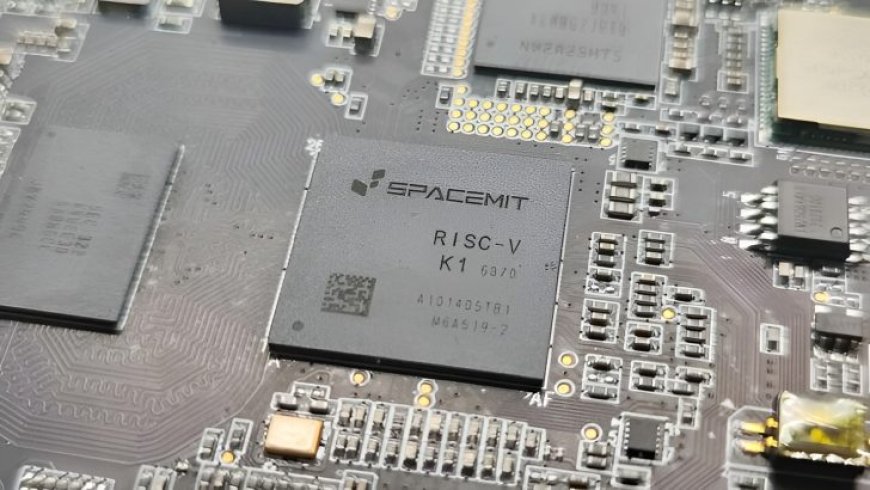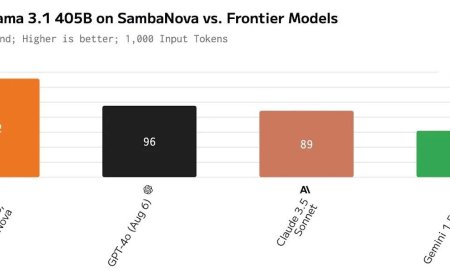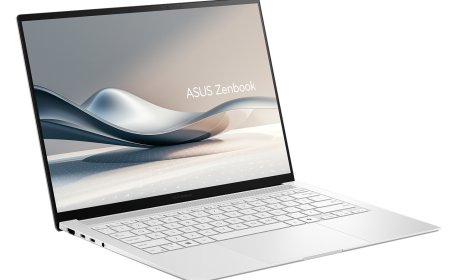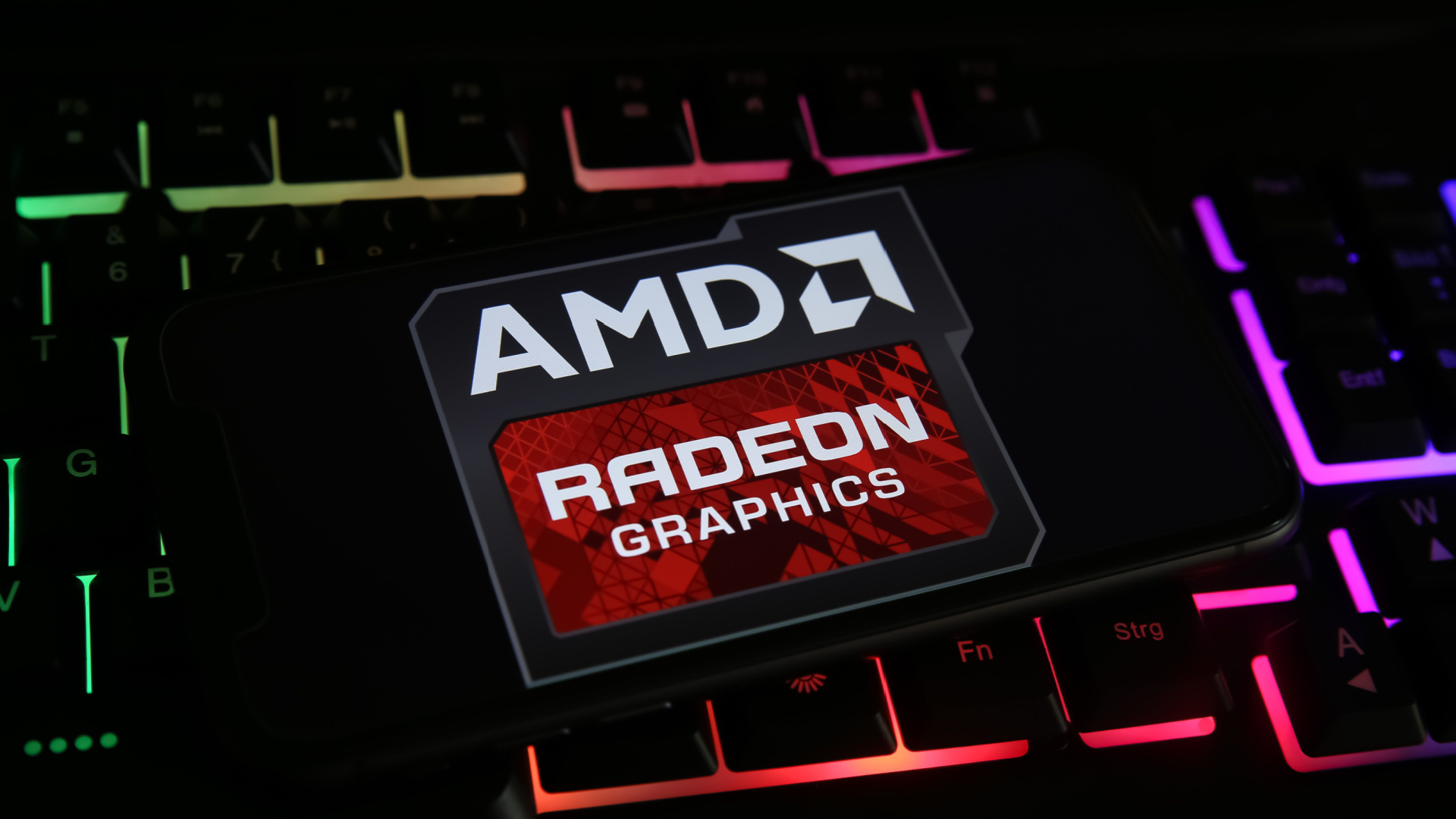Chinese Startup Unveils The First RISC-V Based AI CPU, Powers The K1 Domestic Laptop
Chinese Startup Unveils The First RISC-V Based AI CPU, Powers The K1 Domestic Laptop

The AI hype has made its way into RISC-V architectures, as the Chinese startup SpacemiT unveils a new customized CPU, targeting AI computing.
Judging by the condition of the modern-day CPU markets, dedicated AI engines incorporated into processors have been a huge hit for firms like Intel, with their Meteor Lake lineup. With this, many of the firms have jumped onto the bandwagon, with one of them being SpacemiT. The firm has revealed its innovative SpacemiT Key Stone K1 processor, which is reportedly based on a newer RISC-V AI standard, which is the first time we have seen it dropped into the markets. Let's take a quick look at what this revamped RISC-V offers to its potential consumers.
RISC-V startup, IntoTimeSpace, announced the debut of the first 8-core RISC-V AI CPU, the SpacemiT Key Stone K1 (K1), along with the SpacemiT Muse Book 1st Gen, a mass-produced RISC-V notebook computer powered by the K1. pic.twitter.com/EQC7WtK1sY
— jasonwill (@jasonwill101) April 30, 2024
As disclosed by jasonwill, the octa-core K1 processor is targeted at showcasing the performance of the RISC-V architecture in the AI segment. Surprisingly, RISC-V chips are known to be a generational 1.5 times ahead of existing ARM chips, when it comes to deployment requirements of AI algorithm models, which further fuels the adoption for it.
Stacking SpacemiT's K1 processor against the ARM Cortex-A55, the RISC-V camp manages to provide a whopping 130% higher single-core performance, with approximately 60% to 80% less power consumption. The results are indeed shocking to witness since it shows that RISC-V can play a dominant role, given that the architecture manages to receive mass attraction.
To provide the appropriate ecosystem, SpacemiT has also revealed their SpacemiT Muse Book 1st Gen, which features the company's very own K1 processor. The notebook reportedly features the custom Bianbu OS, along with support for up to 16 GB LPDDR4X memory. Below are the complete specifications, compiled by CNX Software:
It's early to say whether RISC-V-based AI processors will start to become a hit, but based on the implementation done by IntoTimeSpace, they certainly do look worthwhile. Since the MuseBook is an early product, we might not see it getting launched into the global markets, but the firm has a lot planned for its consumer, including a dedicated mini-PC.
News Source: CNX Software
What's Your Reaction?
































































